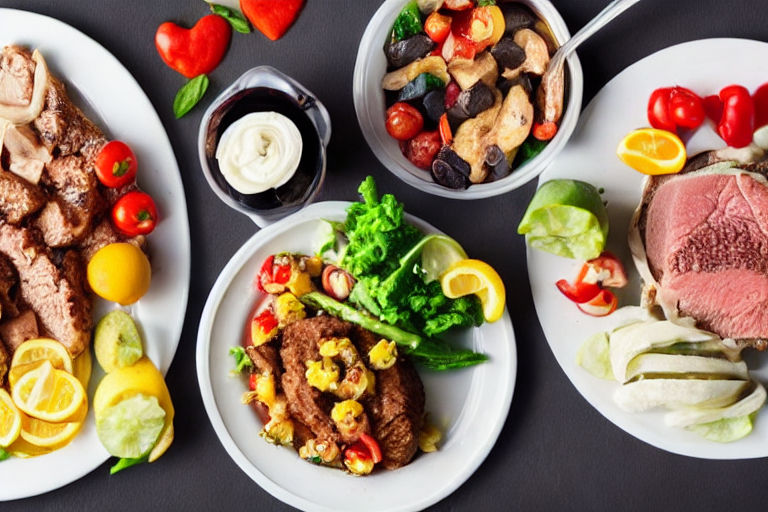A Look into the Future of Sustainable Food Production: Cheese-Making Edition
Cheese is a beloved food all over the world, and the market for it continues to grow. However, producing cheese can have a negative impact on the environment. Cheese production not only requires a significant amount of water and energy, but it also produces wastewater and greenhouse gases.
The future of sustainable cheese-making lies in finding ways to reduce these negative impacts without compromising the quality of the product. Here are some developments in the field of sustainable cheese-making that give us a glimpse into the future:
1. Using alternative sources of milk
One way cheese-makers are reducing their environmental impact is by using alternative sources of milk. Traditionally, cheese is made from cow's milk, but goat's milk, sheep's milk, and even plant-based milk alternatives like soy and almond are being used more frequently. These alternative sources not only require less water and energy to produce but also have a lower carbon footprint.
2. Recycling wastewater
Cheese production generates a significant amount of wastewater that is typically discarded. However, some cheese-makers are implementing wastewater recycling systems to reduce their environmental impact. These systems take the wastewater and treat it, making it safe to reuse in the production process. This reduces the amount of freshwater required and minimizes the amount of wastewater that is released into the environment.
3. Adopting renewable energy sources
Cheese production requires a significant amount of energy, which is traditionally obtained from non-renewable sources like fossil fuels. However, cheese-makers are increasingly adopting renewable energy sources like solar and wind power to reduce their carbon footprint. This not only helps to reduce the environmental impact of cheese production, but it also reduces the cost of energy for cheese-makers.
4. Implementing sustainable farming practices
Sustainable cheese production begins with sustainable farming practices. Cheese-makers are increasingly partnering with farmers who use practices like regenerative agriculture, which prioritizes soil health, biodiversity, and animal welfare. These practices help to reduce the environmental impact of milk production and ensure that cheese is produced in an ethical and sustainable way.
In conclusion, the future of sustainable cheese-making is bright, thanks to the efforts of cheese-makers who are finding innovative ways to reduce their environmental impact. As consumers, we can do our part by supporting sustainable cheese-makers and choosing cheese that is produced ethically and sustainably. By working together, we can ensure that cheese continues to be a beloved food for generations to come.



